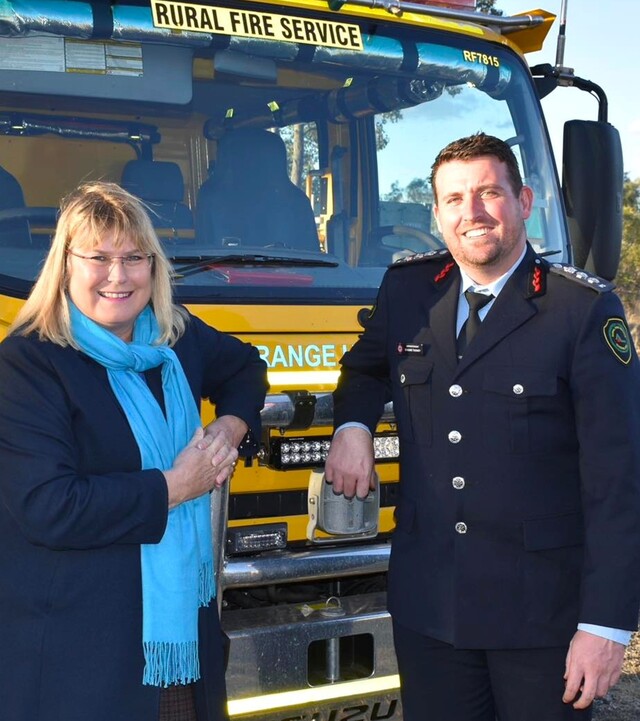The Western Australian Local Government Association (WALGA) says abandonment of grain freight across Tier 3 Rail lines in the Wheatbelt could increase road safety risks unless significant funding for road upgrades is provided to local government.
WALGA is seeking State Government support for an audit of current road standards and their required maintenance and upgrades to handle increased freight, following last week’s announcement to close Tier 3 Rail lines and move grain freight onto the road network.
WALGA President Troy Pickard said the Association’s position was that freight should be carried on rail where possible; and in instances where this does not occur, the road network should be upgraded and maintained at a suitable standard to safely meet this task.
“Most local roads are not designed for the current grain freight task and to move considerable freight onto local roads may have a significantly detrimental effect on the road safety and structural integrity of a road.
“Although capital and maintenance funding was provided by the State about three years ago when the policy decision was made not to further invest in the Tier 3 Rail Network, a lot more is required if all the Tier 3 rail lines are to be closed.”
Councillor Pickard said the Association was calling for an audit of the current state of local roads in the area and the changes required to make them suitable to handle the increased freight task, particularly in view of an anticipated large harvest.
“As it stands, the current volume of freight being transported by heavy vehicles on local government roads is financially unsustainable – that is, councils are unable to keep up with the maintenance required as a result of current wear and tear on these roads.
“If the level of freight were to increase as it seems will be the case this season, that gap between maintenance required and the resources available to local governments will only increase further.
“This makes it imperative for additional funding to be provided in order to keep our roads safe – we will be requesting an assessment of all relevant local government roads required to carry grain freight in order to quantify the required safety, upgrade and maintenance needs and determine appropriate funding and scheduling requirements.”







